Karol Nawrocki’s narrow victory in Poland’s 2025 presidential election reveals the enduring relevance of the country’s head of state. Although the Polish presidency does not carry executive authority, the office occupies a unique position between the constitutional framework and political reality. The president cannot direct the government or control the national budget, but in moments of crisis or division, he can disrupt legislation, influence public debate and shape the country’s external image. Nawrocki’s election highlights the presidency’s potential to be a counterbalance and catalyst in Polish politics.
The role of the president
In Poland, the strength of the presidency depends less on provisions and more on political circumstances, particularly the balance of power in parliament, public sentiment and, above all, the individual president’s political skill. While the president typically lacks a formal party affiliation, they rarely govern in ideological isolation. Their ability to cooperate with or confront the government depends on their political background and the moment in which they hold office.
Poland’s constitution assigns the presidency a flexible, often ambiguous role. The president does not lead the government, draft the budget or manage daily administration. However, the office provides tools that can become powerful under the right conditions. A president whose political allies control parliament often adopts a supportive posture. In such cases, they approve legislation, attend official functions and stay within the boundaries of consensus. The presidency then fades from public focus and loses direct influence over policy.
That dynamic changes when political divisions sharpen. A president aligned with a party in opposition to the parliamentary majority often adopts a combative stance, assuming the role of the “last bastion” of their constituents. They can wield the veto, delay reforms and use public platforms to dispute the government’s direction. These actions give the presidency weight, not through domination, but through resistance. The office becomes a vehicle for political friction, especially when the ruling coalition lacks a strong majority or public confidence begins to erode.
Nawrocki’s election as a voice of opposition
Karol Nawrocki’s election to the Polish presidency reflected more than a narrow electoral margin. Though he won by only one percentage point, his victory sent a clear message. Polish voters rejected the ruling coalition’s candidate, a seasoned political figure aligned with Prime Minister Donald Tusk, and instead backed a candidate linked to Law and Justice (PiS), the party voters had recently removed from power in parliament.
This outcome signaled a protest vote, not in favor of the previous government but against the current one. Tusk’s Civic Coalition (Platforma Obywatelska, or PO) took power after the 2023 election but quickly lost momentum. Despite promises of moderation and reform, the government struggled to deliver results or maintain public trust. Instead of galvanizing national support, it fueled disappointment. At the same time, the ruling camp’s presidential candidate, politically experienced but embedded in the scheme of things, failed to convince voters that his election would correct the parliamentary course.
Nawrocki, though formally independent, campaigned with open support from Law and Justice. While campaigning, he offered a conservative, nationalist message that rejected political elites and resonated with voters tired of the PO-PiS rivalry yet skeptical of Tusk’s leadership. For many voters, it was not a choice “for PiS” but rather “against Platform.” The public, clearly polarized, opted for a candidate who represented a more decisive worldview, while avoiding party labels and party responsibility.
This victory shows the importance of the presidency in moments of political deadlock. Nawrocki entered office not as a collaborator with the government, but as its institutional counterweight. His election reaffirms that a president can command more authority than the dry text of the Constitution would assume, particularly when voters perceive gridlock or drift in the rest of the political system.
More than representation
Although Poland’s government leads foreign policy, the president holds constitutionally mandated responsibilities with global implications. He appoints ambassadors, signs international treaties and serves as the country’s public face abroad. During moments of crisis or geopolitical uncertainty, the President’s symbolic leadership can become politically consequential.
Karol Nawrocki, who built his public identity through the Institute of National Remembrance (a state institution focused on Poland’s history under totalitarian rule), brings a historically rooted worldview. He promotes conservative values, prioritizes national sovereignty and remains skeptical of deeper European integration. During his campaign, he emphasized the need for “Poland’s subjective voice” in the European Union, a phrase that signals opposition to automatic alignment with EU-wide policies.
As president, Nawrocki may attempt to slow or block government-supported initiatives tied to EU law, climate transformation and judicial cooperation. His election raises concerns in Brussels and other European capitals, where leaders had expected Poland under Tusk to return to the pro-European mainstream. Some governments now see Nawrocki’s victory as a sign of political instability or diminished consensus on European policy. At the same time, his presidency may strengthen ties with the conservative leaders in Hungary, Slovakia, Italy and parts of France.
Nawrocki’s symbolic influence could also reshape Poland’s role in NATO and its regional diplomacy. As the country’s representative at transatlantic summits and in relations with Ukraine and the Baltic states, he may emphasize sovereignty and historical continuity. This rhetoric appeals to leaders wary of supranationalism but could create friction with Western partners expecting clarity, predictability, and strategic alignment from Warsaw.
Foreign policy under Nawrocki will likely reflect quiet divergence rather than open conflict. Differences between the president and the government may emerge through tone, timing and diplomatic emphasis. In principle, moderation would reduce friction. Yet in a world marked by war and instability, many Poles may welcome a president who privileges national identity and symbolic clarity over ideological conformity.
Whatever path Nawrocki chooses, his presidency carries more weight than the constitution alone might suggest. In times of fragmentation and doubt, Poland’s head of state has the opportunity — and perhaps the obligation — to move from the margins to the center of political life.
[Kaitlyn Diana edited this piece]
The views expressed in this article are the author’s own and do not necessarily reflect Fair Observer’s editorial policy.
Support Fair Observer
We rely on your support for our independence, diversity and quality.
For more than 10 years, Fair Observer has been free, fair and independent. No billionaire owns us, no advertisers control us. We are a reader-supported nonprofit. Unlike many other publications, we keep our content free for readers regardless of where they live or whether they can afford to pay. We have no paywalls and no ads.
In the post-truth era of fake news, echo chambers and filter bubbles, we publish a plurality of perspectives from around the world. Anyone can publish with us, but everyone goes through a rigorous editorial process. So, you get fact-checked, well-reasoned content instead of noise.
We publish 3,000+ voices from 90+ countries. We also conduct education and training programs
on subjects ranging from digital media and journalism to writing and critical thinking. This
doesn’t come cheap. Servers, editors, trainers and web developers cost
money.
Please consider supporting us on a regular basis as a recurring donor or a
sustaining member.
Will you support FO’s journalism?
We rely on your support for our independence, diversity and quality.


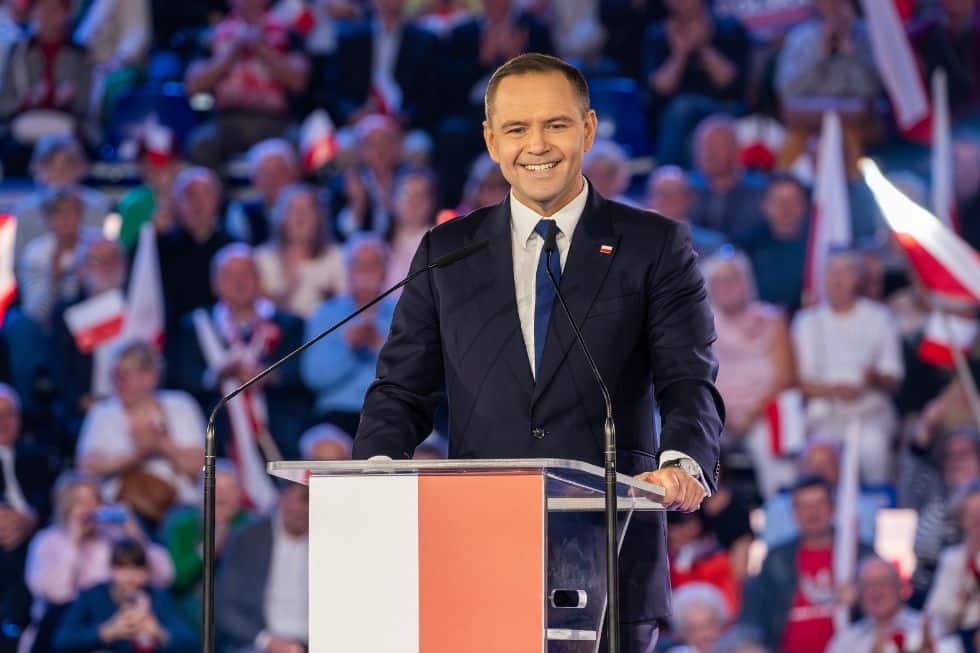
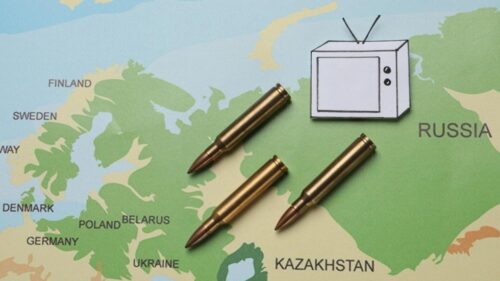
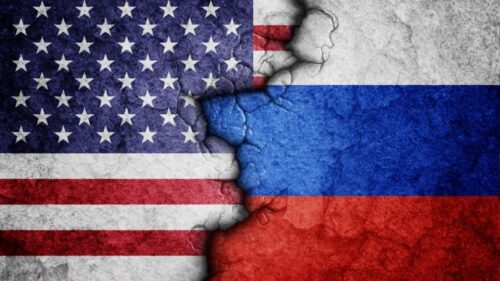
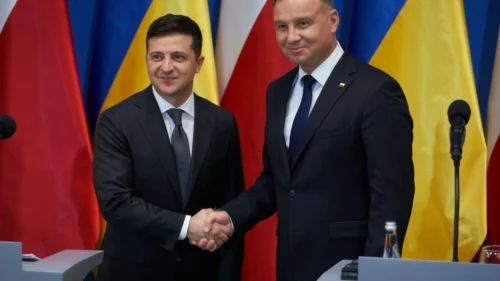
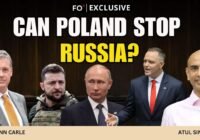
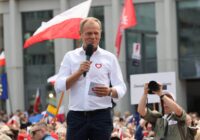


Comment